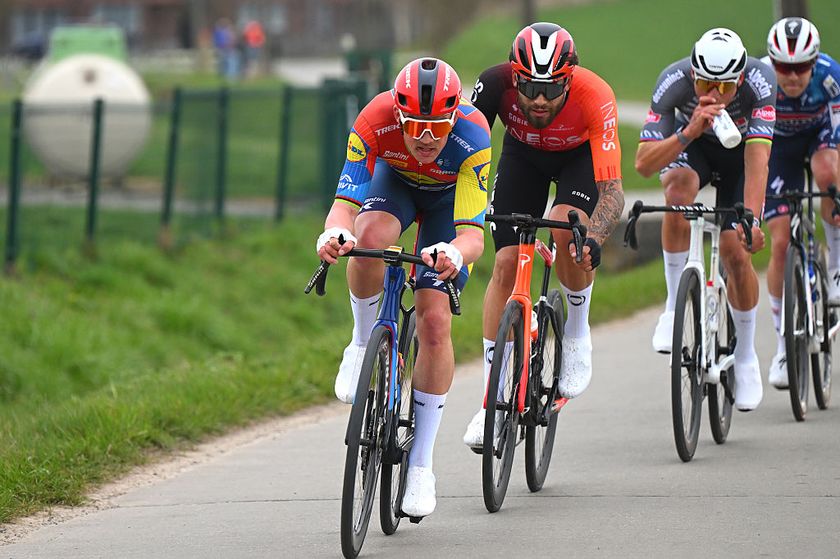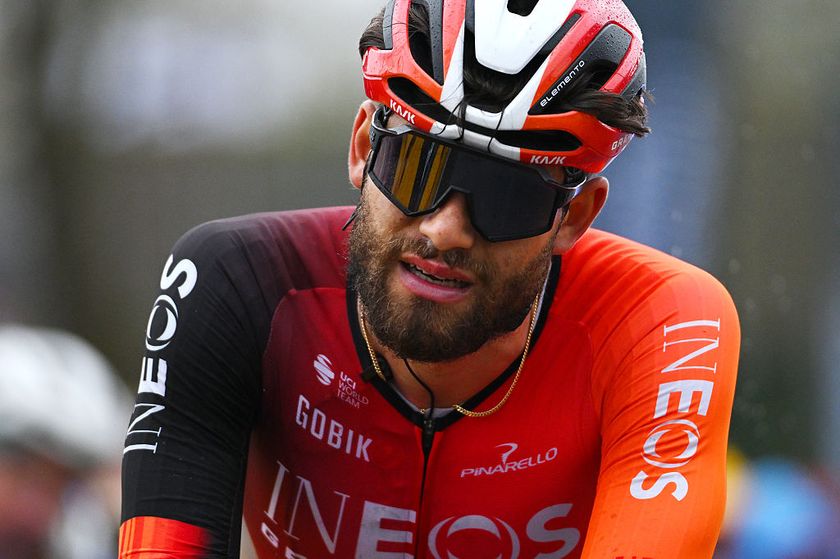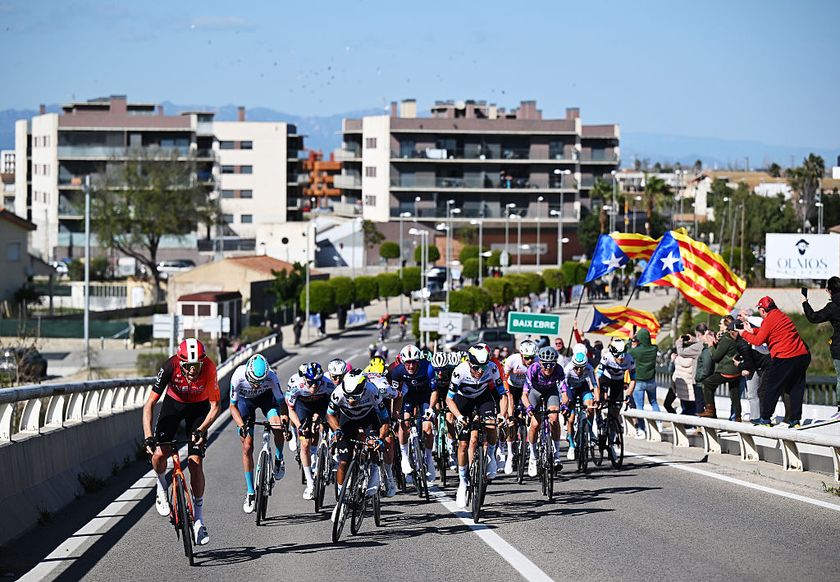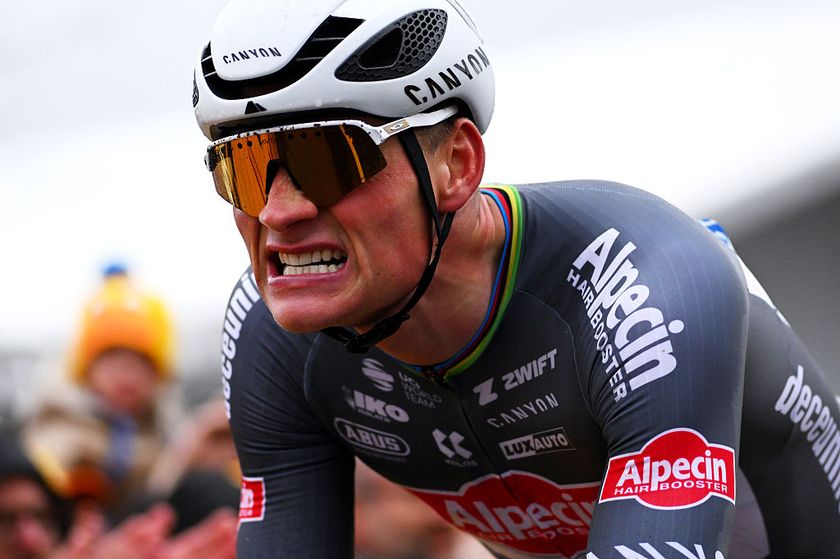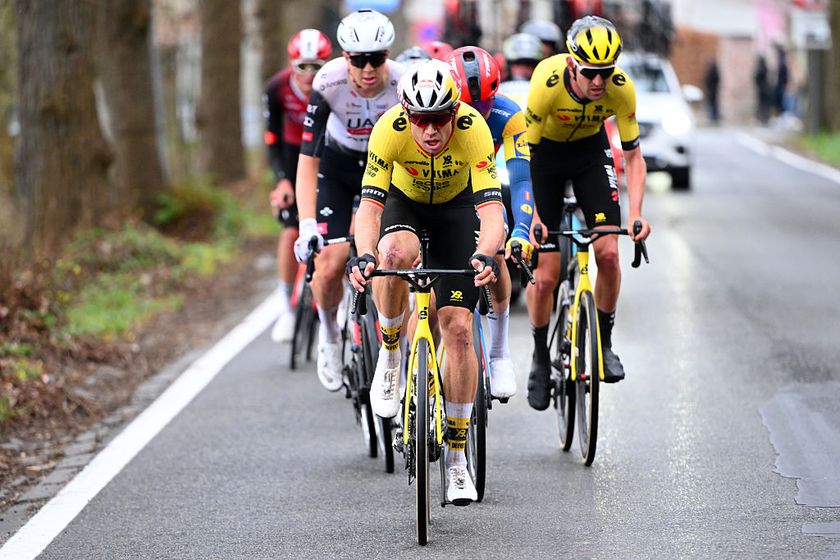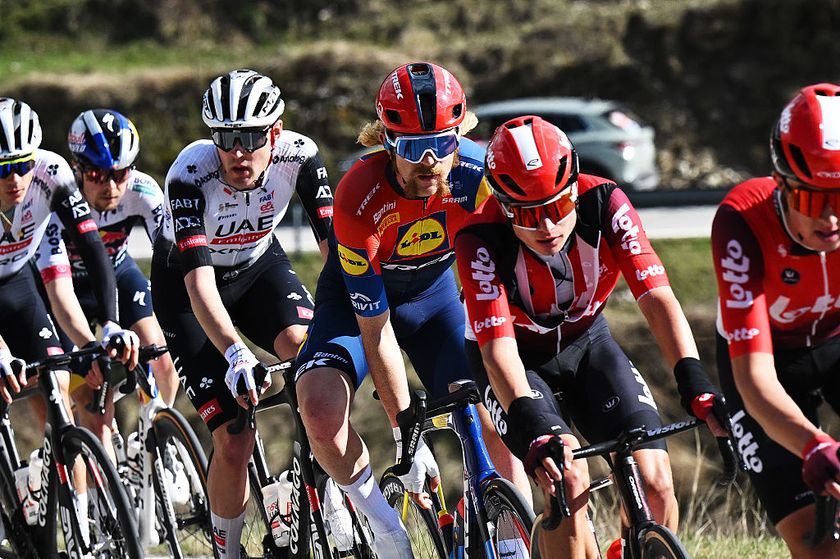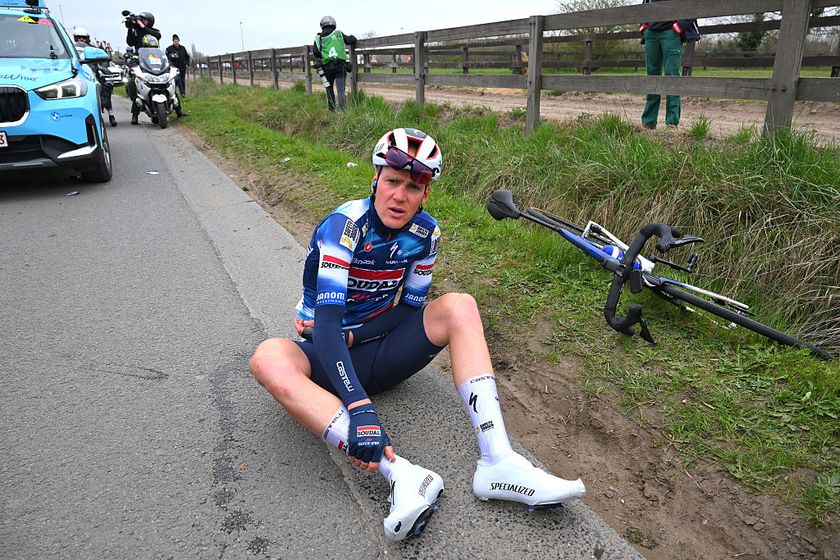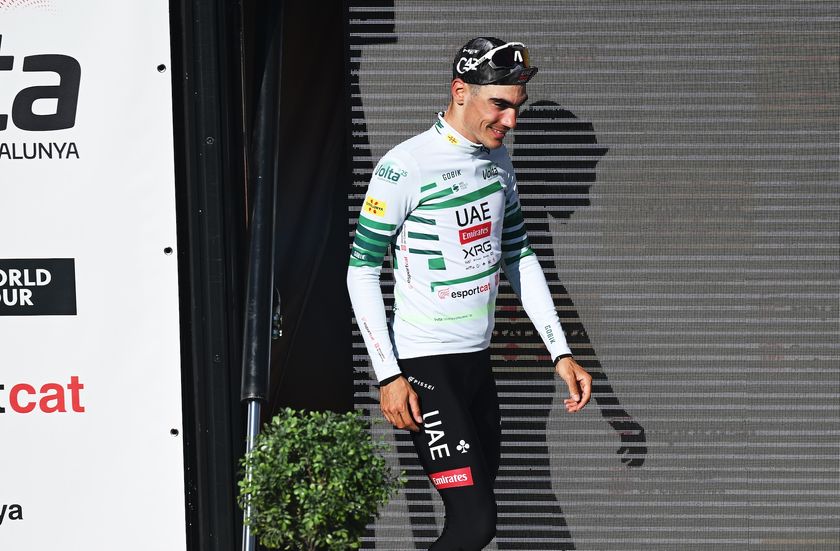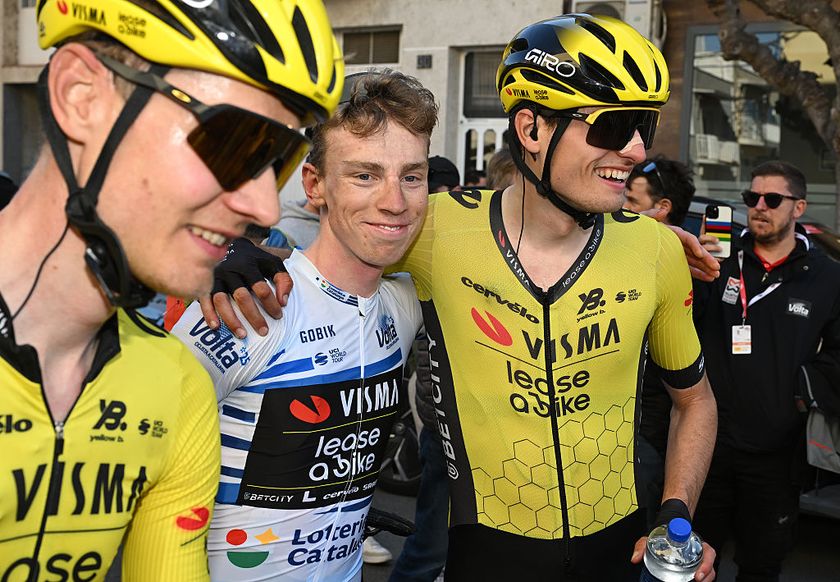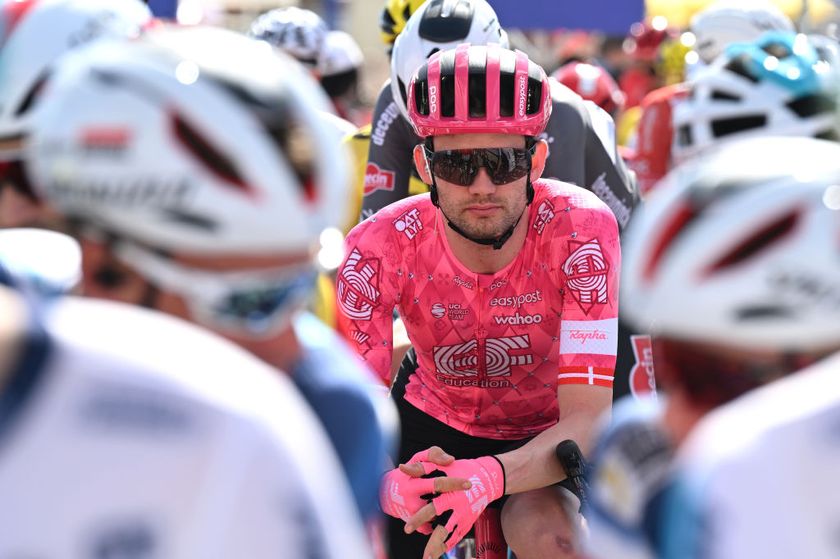Kerrison: Wiggins has never been this good on the climbs
Team Sky coach denies using SRM data in races


Team Sky's head of Performance Tim Kerrison is at the Giro del Trentino, carefully monitoring Bradley Wiggins' form during his final race before the Giro d'Italia and that of the riders who will be expected to help him become the first ever British winner of the Corsa Rosa.
Kerrison has masterminded the revolution in Team Sky's training methods in the last 18 months, replacing blocks of racing with intense training camps, often at altitude, and almost always gauged by SRM power metres.
Wiggins looks in fine form and revealed that he had never felt as good as he did during Wednesday's mountain stage to Vetriolo Terme. A saddle sore caused him some problems last week and forced him to take antibiotics to eliminate the infection in his body, but he seems to have made a rapid recovery.
With just over two weeks to the start of the Giro d'Italia, Wiggins appears on track to take on Vincenzo Nibali (Astana) and all the other contenders for overall victory.
"His training has been going well and his been building his form and his confidence," Kerrison told Cyclingnews in Italy.
"He came into Trentino a little unsure of his form. Not for the training he'd been doing, but because he was a little unwell before hand. He's 100 per cent now and said he never felt that good on a climb."
"It (the saddle sore) affected his training last week but more on his time trial bike than his road bike. He did a good week of training last week, but had to move a few sessions around. He felt pretty bad due to the antibiotics and the infection coming out, but could still perform."
Get The Leadout Newsletter
The latest race content, interviews, features, reviews and expert buying guides, direct to your inbox!
Kerrison pointed to victory in the team time trial as a significant, morale-boosting moment of the four-day Giro del Trentino.
"It was good to win the team time trial. It was the first TTT we've won on time trial bikes [the stage in Tour of Qatar was contested on normal road bikes -ed.]. Team time trials haven't been a strong point for us despite having good time trailers in the team. But all the guys are in good shape. For many of them it was their first win with Team Sky and so they were all chuffed," he said.
"Costa (Kanstantin Siutsou) is a fantastic talent, and so deserved his stage win. He has been training hard in Tenerife for two weeks."
Training for the Giro d'Italia
Team Sky chose to ride the Giro del Trentino as a key test and warm-up for the Giro d'Italia. Wiggins and Kerrison will stay on in Italy after Friday's final stage to study the (stage 8) 55km time trial on the Adriatic coast to Saltara and the mountain time trial (stage 18) to Polsa in the Dolomites.
Wiggins should gain significant time on his rivals in the long time trial. Kerrison hints that Wiggins is climbing so well after doing specific work for the steeper Giro climbs that he could also go on the offensive in the mountains if needed.
"I think (Wednesday's Giro del Trentino) stage was a stepping stone to the Giro d'Italia. We know that with Brad being so good in time trials, the other guys are going to have to think where they can get time back on him. But with Brad climbing as well as he is, and with time bonuses up for grabs at the Giro, he can also look for opportunities where he can take time. People say he's not an explosive climber or that he can't respond to attacks. The truth is that there's rarely a need for him to respond to them."
No to racing by numbers
Team Sky was accused of racing by numbers during Tirreno-Adriatico in March after the riders appeared to methodically pace their ride on the climb to Prato di Tivo by using their SRM power metres.
The team was criticised for lacking panache, for using scientific logic over instinct.
Kerrison intensified the use of power metres and Training Peaks software. Every rider on the team uploads their training data and it is used to tailor training and help select teams for races. However, Kerrison denied Team Sky races to numbers.
"It's a tool that we have that gives us information that largely informs our training process," he told Cyclingnews.
"We monitor the riders and we train to SRMs sometimes, but sometimes we don’t. There are so many factors that effect those numbers: the altitude you are at, how you feel on that day, where a climb occurs during a race. To think we're dialed into all those factors so we know what number they're supposed to ride at, is just not the case.
"We work really hard at training the guys to race on feel. If something goes wrong with your SRM, for example as it often does from the TV signal in races, the numbers aren’t available. If a rider can only race to their SRM, they wouldn't be able to perform."
